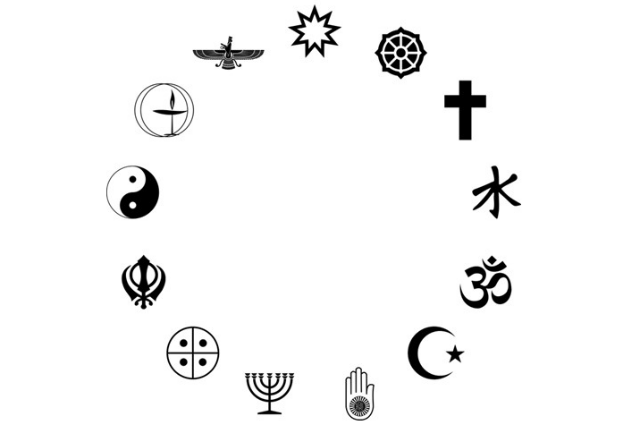
When I found out that in our country politics was supposed to be secular, that the state was supposed to be separate from religion, I was quite shocked because this lay completely opposite to what I had been seeing in the country since as long as I could remember. Religion is a sensitive topic in a diverse country like India, but nonetheless, the religious sentiments of people have always been exploited by those involved in politics for votes. This is quite similar to the divide and conquers/rule philosophy through which the British enslaved our ancestors for almost 90 years, except they already divided us the moment they drew that line separating India and Pakistan. People who have been living in this country for generations are told to go to Pakistan because of their religion or views, this is quite contrary to some people of the same minority believing that they are entitled to the entire nation and the majority is the one that should be suppressed. Religion in our country is a vast topic, but it is also extremely touchy, one wrong word and you may very well become the reason for riots and deaths, an example of which we recently saw, regarding the statements of ex-BJP spokesperson, Nupur Sharma.
Our current government’s first election campaign was structured around development, and after its first appointment we saw some great schemes such as Beti Bachao Beti Padhao and Swaccha Bharat Abhiyan, and even though I will not deny the development that I have actively seen, their election campaigns now seem to be structured around majoritarianism. The Prime Minister is a little tamer in his approach toward showing favouritism towards Hindus, his U.P counterpart whereas has spared no opportunity in favouring Hindus in a state with a huge Muslim population. Starting from renaming cities to sound “more Hindu”, he has repeatedly voiced his disdain towards secularism.
All this is seriously leading me to wonder, are we heading towards a country that has majoritarianism as its primary ideal? The collection of votes on the basis of religion-based politics is definitely not a new concept. Religious groups have constantly been buying more autonomy and freedom in exchange for votes, but this transaction takes place between people at the top, and the ones who suffer are right at the bottom. This majoritarianism-based politics being followed by the current government is nothing but a response to the minority favoured politics followed by the previous government. It leads me to wonder where are the kind of leaders that inspired and wrote such a great constitution, the ones that told us to separate state and religion in the first place because none of the leaders of our time seem to be able to follow this.
